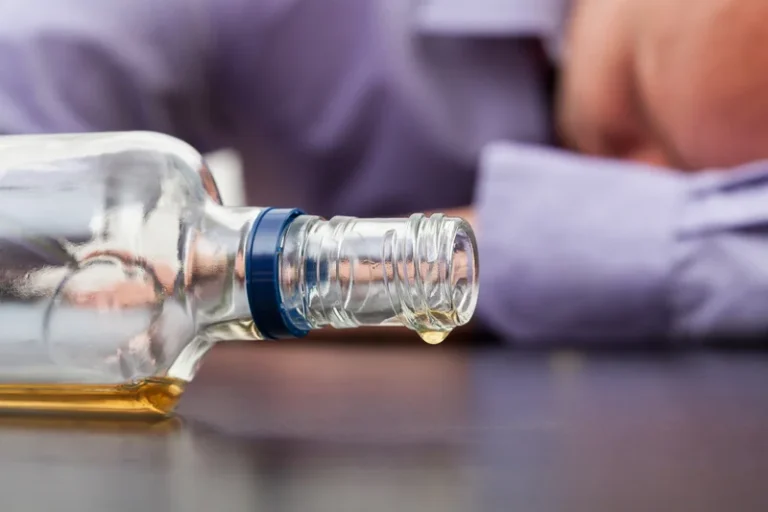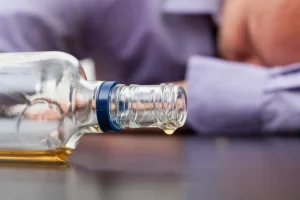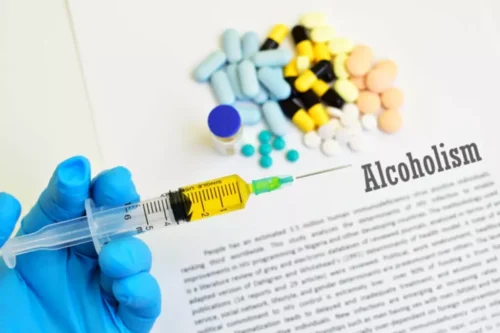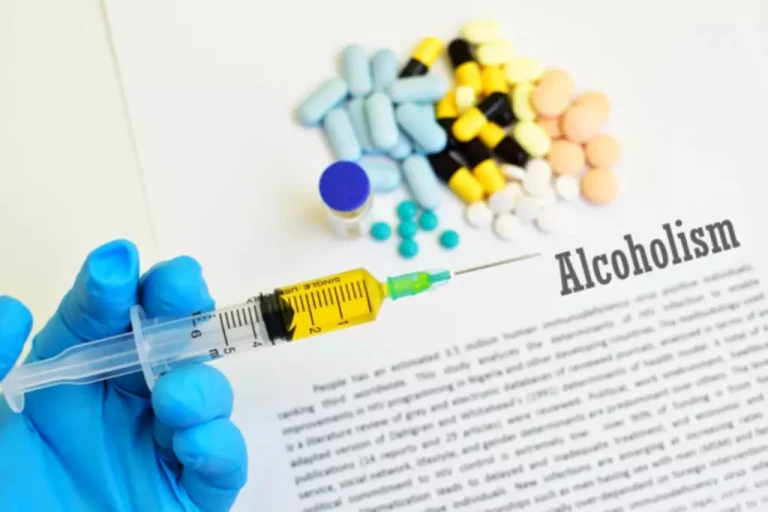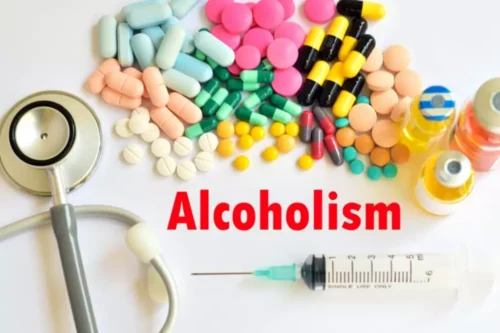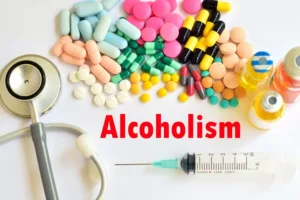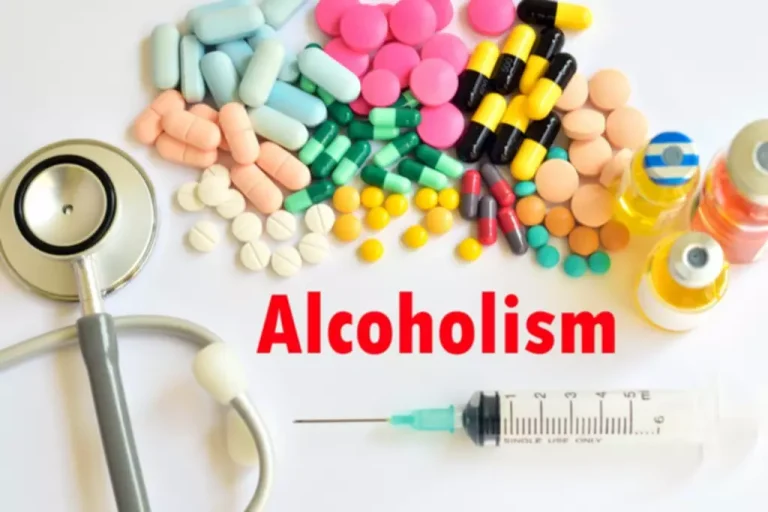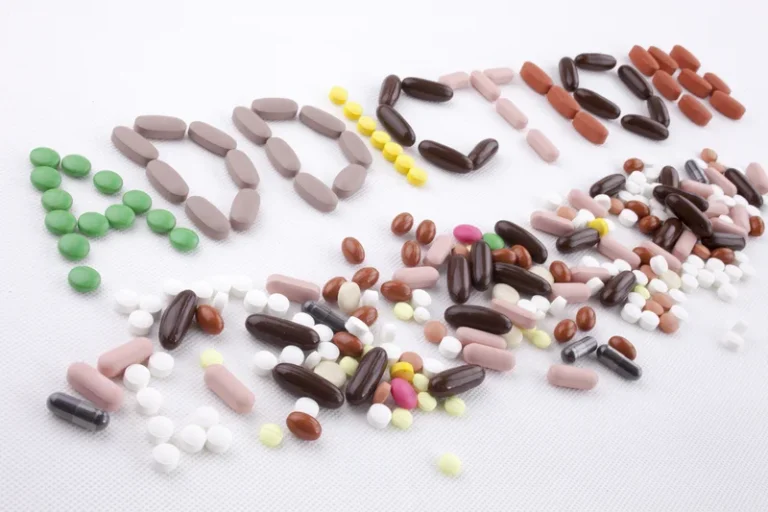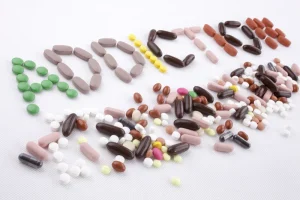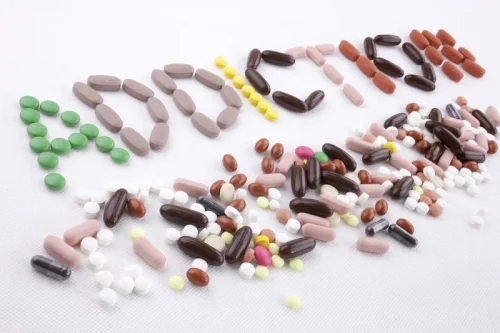
The doctor may refer the person signs your allergic to alcohol to an allergy specialist for further testing and treatment. However, some people with Hodgkin lymphoma experience pain in their lymph nodes after consuming alcohol. Hodgkin lymphoma is a blood cancer that can affect a person’s lymphatic system. People with this condition usually experience swelling in the lymph nodes in areas including the neck, armpits, or groin.
How is alcohol allergy diagnosed?

If you feel wasted after getting drunk and your body shows severe withdrawal symptoms, then you are definitely allergic to alcohol. Some people are intolerant to soy, milk, peanuts, etc. but there are people whose bodies just can’t tolerate alcohol, after a certain limit. This questionnaire will summarize your specific allergy symptoms to share with your healthcare provider and learn more about your testing options. If an allergy to an ingredient in alcohol is suspected, an allergy test may be recommended. A blood allergy test, also called a specific IgE test, is a powerful diagnostic tool that can pinpoint what allergen may be causing your symptoms. This test measures the concentration of IgE antibodies in the blood that indicates a sensitization to a specific allergen.

Get the latest offers, health articles & news.
Because the condition is inherited, there is no way to cure or treat it. Your healthcare provider can recommend ways to limit unpleasant symptoms. Although not a true allergy, in some cases, what seems to be alcohol intolerance might be your reaction to something in an alcoholic beverage — such as chemicals, grains or preservatives.
Spotting the signs of an adverse reaction to alcohol
- Although red wine is especially high in histamines, all alcoholic beverages have high levels of histamine.
- Rarely, severe pain after drinking alcohol is a sign of a more serious disorder, such as Hodgkin’s lymphoma.
- For example, an inherited lack of an ALDH variant called ALDH2, common in people of Asian descent, often results in alcohol intolerance.
- With an alcohol allergy, a person’s immune system overreacts to alcohol.
Some types of sulfites might also trigger an asthmatic attack if you have asthma. If you have an alcohol allergy, make sure to have epinephrine shots with you at all times and wear a medical ID bracelet that tells health professionals you have an allergy. To discover whether you have an alcohol intolerance in just one week, a food intolerance blood test can confirm it either way.
In some cases, reactions can be triggered by a true allergy to a grain such as corn, wheat or rye or to another substance in alcoholic beverages. If you have a true alcohol allergy, even small amounts of alcohol can cause symptoms. People with sulfite allergies will likely need to avoid red wine. Similarly, those with a mold or yeast allergy may need to steer clear of fermented beverages made with brewer’s yeast, including beer and wine. While an allergy to alcohol is rare, an allergy or intolerance to ingredients used to make wine, beer, or distilled spirits can.
The only way to avoid a reaction, is to avoid alcohol altogether, or at least the particular substance that causes your reaction. If you have any unpleasant symptoms after drinking alcohol, see your healthcare provider. Your provider can help get to the bottom of your symptoms and recommend the best next steps. Unfortunately, nothing can prevent reactions to alcohol or ingredients in alcoholic beverages.

General Health
An alcohol allergy is a rare toxic reaction to alcohol that can be fatal in rare cases. Often, what people consider to be an alcohol allergy is, in fact, alcohol intolerance. What we understand as https://ecosoberhouse.com/ a ‘hangover’ is made up of a particular set of symptoms – usually a thumping headache, nausea, intense thirst, tiredness and brain fog.
HEALTH HOROSCOPE
You may not need to see a doctor if you have a mild intolerance to alcohol or something else in alcoholic beverages. You may simply need to avoid alcohol, limit how much you drink, or avoid certain types of alcoholic beverages. However, if you have a serious reaction or severe pain, see your doctor. Also, if your symptoms seem to be linked to an allergy or a medication you’re taking, see your doctor. The symptoms are similar to those caused by histamine intolerance and can easily be confused with allergy-like symptoms.
Medical Professionals
- Now you know why we were asking you to drop that glass right away.
- Most wine coolers and packaged martini mixes should also be struck from the list.
- Anaphylaxis is a severe and life-threatening allergic reaction that can cause dangerously low blood pressure and problems breathing.
“Alcohol and sulphites tend to evaporate away during cooking, so the potential for intolerances is certainly reduced,” Dr Watts says. However, if you’re allergic to an ingredient found in certain alcoholic drinks, dishes which contain that drink are not safe to eat. Anyone who drinks in excess will likely experience these adverse effects to some extent. Do you suffer from terrible hangovers or feel unwell after drinking just a small amount of alcohol?
New Jersey Drone Sightings LIVE: Florida Rep. Warns Drones Could Pose National Security Threat
- Your body has two enzymes that are supposed to break down histamine, but sometimes they don’t work as well as they should.
- Once a list of physicians appears, you can click on a physician and access contact information, educational background, and a list of insurance plans the doctor accepts.
- To discover whether you have an alcohol intolerance in just one week, a food intolerance blood test can confirm it either way.
- The best way to live with this condition is to avoid alcohol as much as possible.
- However, the best treatment is the avoidance of histamine in the foods we consume, including alcohol.
If left untreated, an allergic reaction can quickly become worse. But remember, consulting with a healthcare provider for proper diagnosis and advice is a key first step for anyone who suspects they may suffer from alcohol intolerance. Certain Alcohol Use Disorder risk factors increase the likelihood of alcohol intolerance. Having asthma or hay fever, allergies to grains or other foods, and conditions like Hodgkin’s lymphoma.



